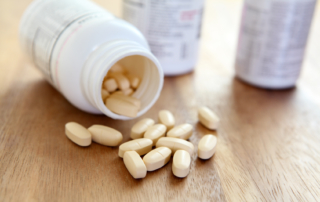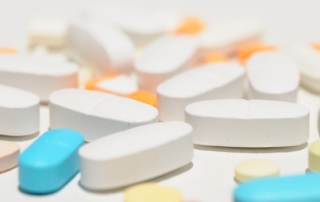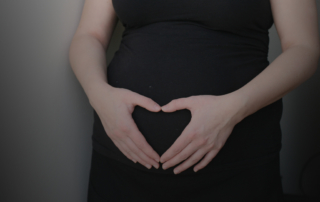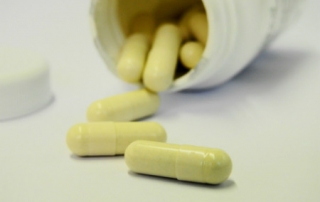Probiotics for Prenatal Depression and Anxiety: Underscoring the Need for More Research
Although we have data on the reproductive safety of various medications used to treat anxiety, many women would understandably prefer to avoid medications when possible. Many women ask about alternative treatments, including dietary supplements, herbal [...]










